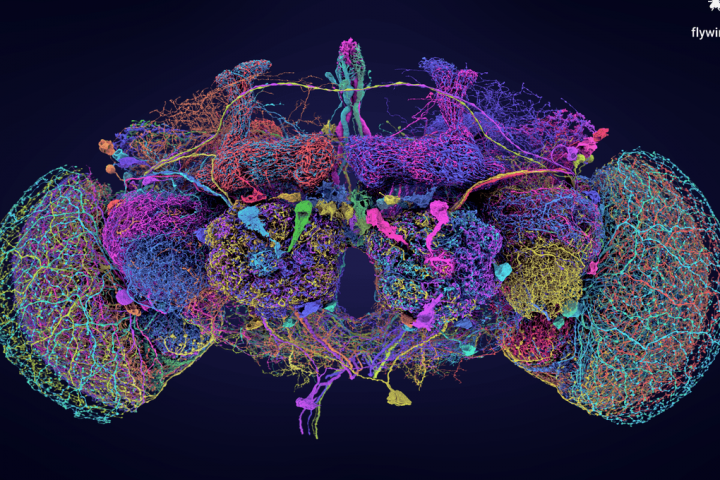Discoveries from a recent study conducted by the Stanford Prevention Research Center suggest that adopting a vegan diet can lead to significant long-term health improvements in just two months. Senior author Christopher Gardner, a professor of medicine, expressed his excitement about the findings in a statement on the Stanford website. He emphasized that the most noticeable changes occur within the first month of transitioning to a vegan lifestyle.
While it has long been known that reducing meat consumption can benefit cardiovascular health, proving a causal relationship has been challenging. The Stanford team, however, had a unique advantage: the Stanford Twin Registry. By recruiting 22 pairs of identical twins, the researchers were able to eliminate the influence of genetics and upbringing, essentially conducting a single-person experiment with both sides of the diet spectrum.
Gardner not only praised the study’s groundbreaking approach but also highlighted the enjoyable experience of working with the twins. Their identical appearances, mannerisms, and playful banter added an extra layer of excitement to the research process.
To ensure that all participants maintained a healthy and balanced diet throughout the study, a meal service was provided for the first four weeks. Afterward, the participants were responsible for preparing their own meals, with guidance from a registered dietician. The results were impressive: 21 out of the 22 vegans successfully adhered to the diet.
The study’s findings were incredibly positive for the vegan participants. Blood tests revealed significant reductions in insulin and low-density lipoprotein cholesterol (LDL-C) levels, as well as weight loss. For example, the vegan participants’ LDL-C levels dropped to 95.5, compared to their omnivore twins’ level of 116.1. Additionally, the vegans had lower fasting insulin levels, reducing their risk for diabetes, and lost an average of 4.2 pounds more than their twins.
Gardner emphasized that these results, along with the potential benefits of a vegan diet on gut bacteria and aging, suggest that incorporating more plant-based foods into one’s diet can have significant health advantages. While he acknowledges that going fully vegan may not be feasible for everyone at the moment, he encourages individuals to explore multicultural vegan dishes as a first step towards a more plant-based lifestyle.
The study, published in the journal JAMA Network Open, provides compelling evidence for the health benefits of a vegan diet.








